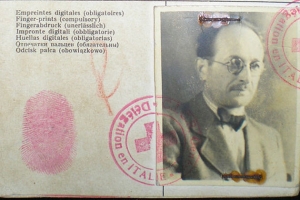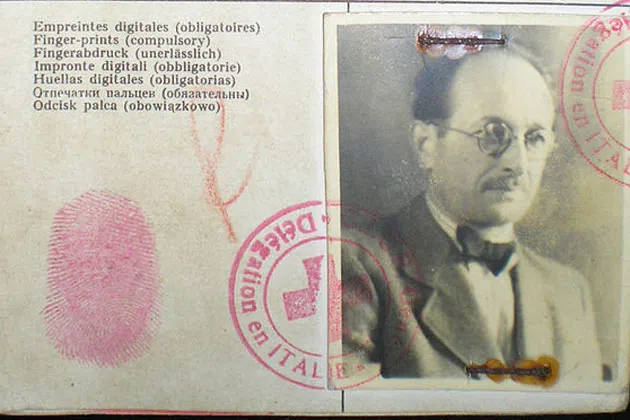
In 2016 German courts are trying 94-year-old Reinhold Hanning, accused of aiding the murder of thousands as a guard at the Auschwitz concentration camp.
Journalist and author Andrew Nagorski says that this may be one of the last examples of work that official and unofficial investigators have conducted for seven decades.
“More than seventy years after the war, of course we’re dealing with inevitably the last of these cases,” Nagorski tells Steve Fast. “If someone were an Auschwitz guard in his early twenties at the end of the war he’s now exactly the age of Reinhold Hanning.”
In his book “The Nazi Hunters,” Nagorski traces the work of men and women who tracked down war criminals with official sanction, but sometimes without.
Following the high-profile tribunals at Nuremberg and Dachau, Nazi hunters such as Serge and Beate Klarsfeld and Simon Wiesenthal kept pushing to root out those who assisted Hitler in his Final Solution.
Nagorski says that the trials are not about revenge, or even justice, but instead removing the doubt of those who would deny the Holocaust.
“Having witnesses, having documents, having film footage… that is a huge, huge contribution to our generation and future generations, ” Nagorski says. “That’s why these last trials are still very important even if they are of people who were at the time sort of at the bottom of that chain of death.”
Listen to the interview: Andrew Nagorski on The Steve Fast Show
Follow Steve Fast on Twitter @SteveFastShow





